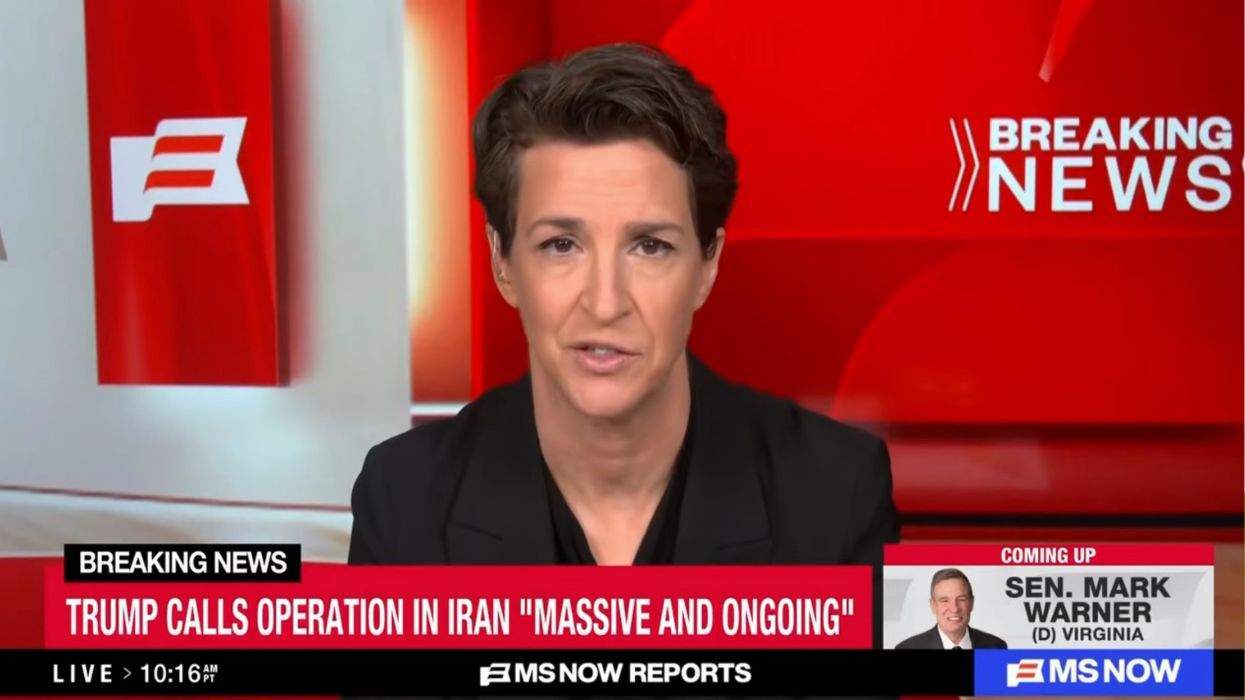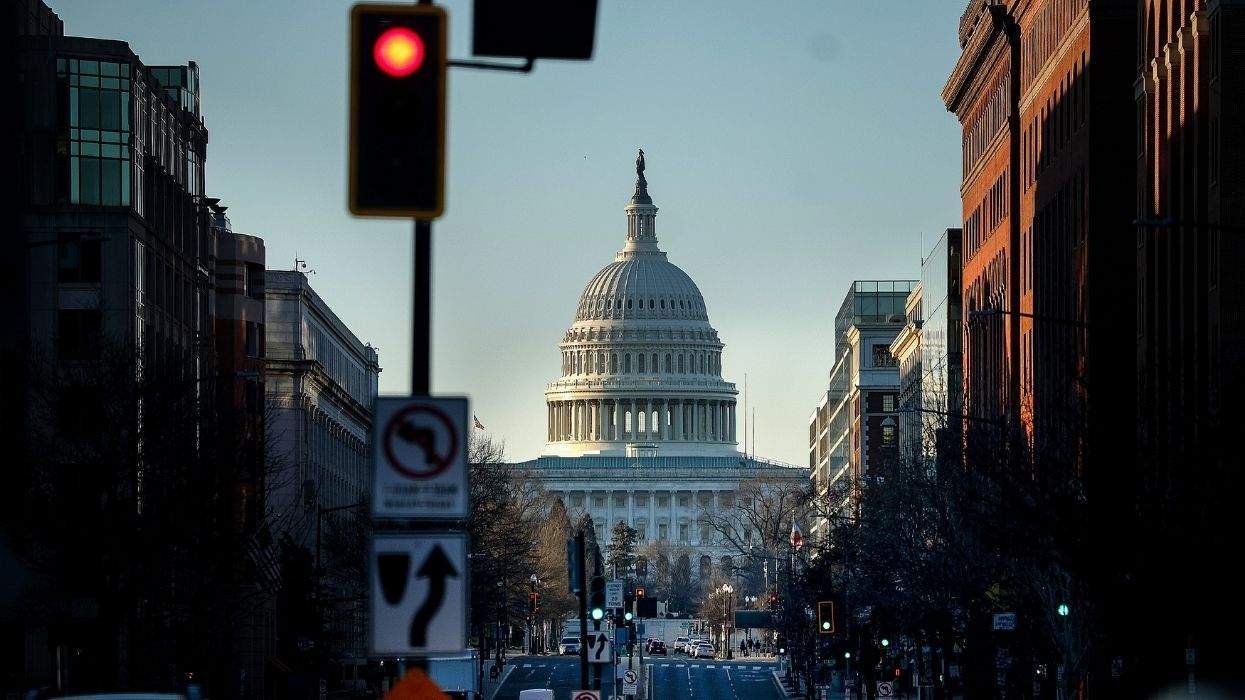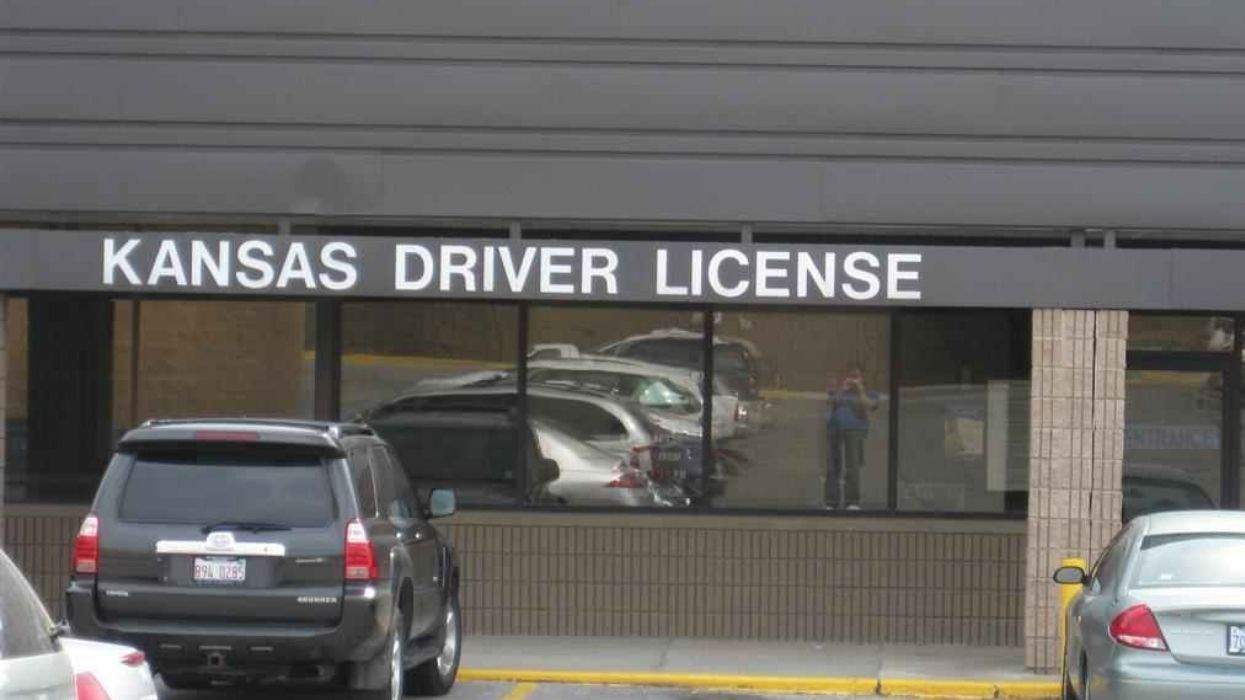I was not the one who wanted to get married. John Habich, my partner since the summer of 2001, had brought up a commitment ceremony from time to time, but without legal meaning, the whole idea felt like a sham to me. Our families, colleagues, and widely dispersed friends all knew that we planned to spend the rest of our lives together; I wasn't sure that any purpose was served in making them gather at an inconvenient location in further recognition of our affection. But John saw a ceremony in personal rather than political terms and fantasized about the gratification to be had by pledging our troth publicly before our chosen community, whether or not any civil rights were attached. I believe fervently in partnership parity for gay and straight couples, and holding a ceremony without such equality had for me the taint of giving in -- virtually consenting to prejudice in a smiling submissiveness worthy of Uncle Tom. We could get married, I thought, if and when we could really get married.
The matter hovered in a state of suspended indecision until the United Kingdom passed the Civil Partnership Act, which went into effect in late 2005. It grants same-sex couples all the rights associated with marriage, with two notable exceptions: It is not legally called marriage, and it cannot be conferred by a member of the clergy. These provisos notwithstanding, everyone calls it marriage, and many people annex a religious blessing to the registrar's official proclamation. Since I am a dual national with British as well as American citizenship, our marriage under the new law would offer real meaning. Among other rights, it would entitle John to residence in the United Kingdom and ultimately to British citizenship. If we ever decided to give up our U.S. citizenship, we would not have to pay inheritance tax on each other's estate. We would be automatically recognized as next of kin in any medical emergency. I wish the ceremony were called marriage, but as a nationally acknowledged set of protections, it gratified my yen for meaningful social progress.
So we decided in mid 2006 to marry in England the following summer, when our friends could bring their children. It was surprising how many people asked why we hadn't just gone to Massachusetts instead. I explained that, quite apart from the fact that we don't live or own property there, marriage is a national institution, and that what we were going to do in England had meaning in that entire sovereign nation. While Massachusetts marriages came with some rights, they wouldn't have any weight in the most crucial areas of the law -- never mind that our home base is New York.
John had to apply for a partnership visa through the British consulate in New York, and the mere fact of having to assemble forms and documents gave our preparations an aura of solemnity. Then we traveled to England to meet with the registrar in the county where we planned to hold our ceremony. I entered the United Kingdom on the fast line with my British passport, while John stood in the slow line with his U.S. documents. When he was asked the purpose of his trip, he said he had come to get married to me, and he showed the border agent his new civil partnership visa. "Congratulations," the agent said. "Good luck to you both."
A few days later we met with the registrar for the borough of Northampton, a stern-looking woman of a certain age. As we waited in the ornate old town hall, we perused pamphlets about the civil partnership legislation, which not only listed our rights but also suggested readings from W.H. Auden and other poets of same-sex love. Then each of us met separately with the registrar, Pam Allen, who asked us a fusillade of questions to determine that this was not the equivalent of a green-card ploy. When she was satisfied that it wasn't, she brought us into her office together to sign the necessary documents and discuss the shape of the ceremony.
Having been briskly efficient thus far, Mrs. Allen suddenly leaned across her desk. "You know," she said, "I believe this should have been made legal long ago. And I want you to know that since the law passed, I have met the most interesting people of all my years as a civil servant. It has given me tremendous pleasure to be part of it, and I wish you both every happiness."
On June 30, 2007, John and I tied the knot in front of about 300 family and friends at Althorp, the ancestral home of the Spencer family. We went the whole nine yards, with a cocktail party thrown by friends in London on Thursday, a rehearsal dinner at Althorp on Friday, the wedding late Saturday afternoon followed by dinner, dancing, and fireworks, and a farewell picnic on Sunday. The whole series of events knit the pleasures of social position with those of social justice. We had a magnificent party and broke some political ground in the process. Allen performed the civil ceremony, immediately after which the Reverend Peter Gomes of Harvard's Memorial Church led a Christian service with the exchange of rings and a blessing of families that specifically included those with two moms or two dads. After sunset, Baroness Neuberger DBE, a rabbi who is a friend and who had commissioned the first official U.K. religious service for same-sex unions, performed a Jewish liturgy, so acknowledging my own family heritage.
We had almost 50 guests under 18, and for them the occasion didn't seem that unusual. It was the first wedding that many of them had ever attended. One family had been asked by the border agent upon arrival for the purpose of their visit. They said that they were attending a wedding, and their effusive 5- and 7-year-old sons shouted, "Andrew and John are getting married!" The agent replied, "That sounds wonderful, and I hope you all enjoy every minute of it."
It was quite a different experience when we returned from our honeymoon in Tanzania, though. At the passport-control booth at JFK, a man with a Homeland Security badge inquired as to the reason for my trip. Tired after the long flight, standing there in the harsh fluorescent lighting, I realized I couldn't comfortably tell him. There was no expectation of approbation -- and I didn't want him to write something on my customs form that would give me trouble when I tried to exit baggage claim (or put a note in the computer system that would shadow me for years to come). If I explained that my purpose was a marriage that had to occur outside the United States, I was inviting trouble. In the box beside "Number of family members traveling with you," I had written "0." My left hand was on the counter, my wedding ring was glinting, but I said, "I'm a travel writer; I was on assignment." The agent stamped my documents, and I went to look for my suitcase.
I hope John and I live in this country always, but I am glad to have the option of moving to Great Britain in case the vast, punishing, conservative exclusionism that rules the United States today gets even worse. As John and I grow old and possibly infirm, it may make sense to give up citizenship in order to preserve what resources we have shepherded together. Our wedding was cause for pageantry and celebration, but tinged with sorrow that our new legal rights would mean nothing in our native land. At one level, it was all about the happiness of John and me, and our fantastically supportive friends and families. But to a greater degree than I had expected, it was also about the border agents in London with their warm wishes, the registrar with her startling enthusiasm -- and, then, about the American customs agent to whom I couldn't announce the real reason for our voyage.
How we love achieves an additional layer of dignity when it is recognized, and coming home to America felt like entering a kind of closet. I'm too old and have fought for too long to be back there. Though I knew my response to the customs agent at JFK was arguably prudent, it left me disgusted -- with him, with the country, and with myself for continuing to live under these circumstances. The honeymoon was over.















